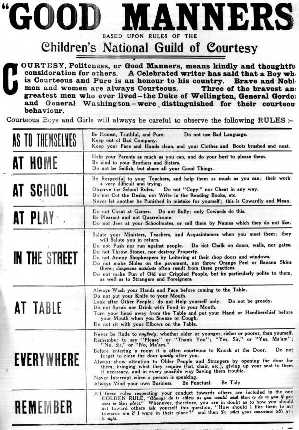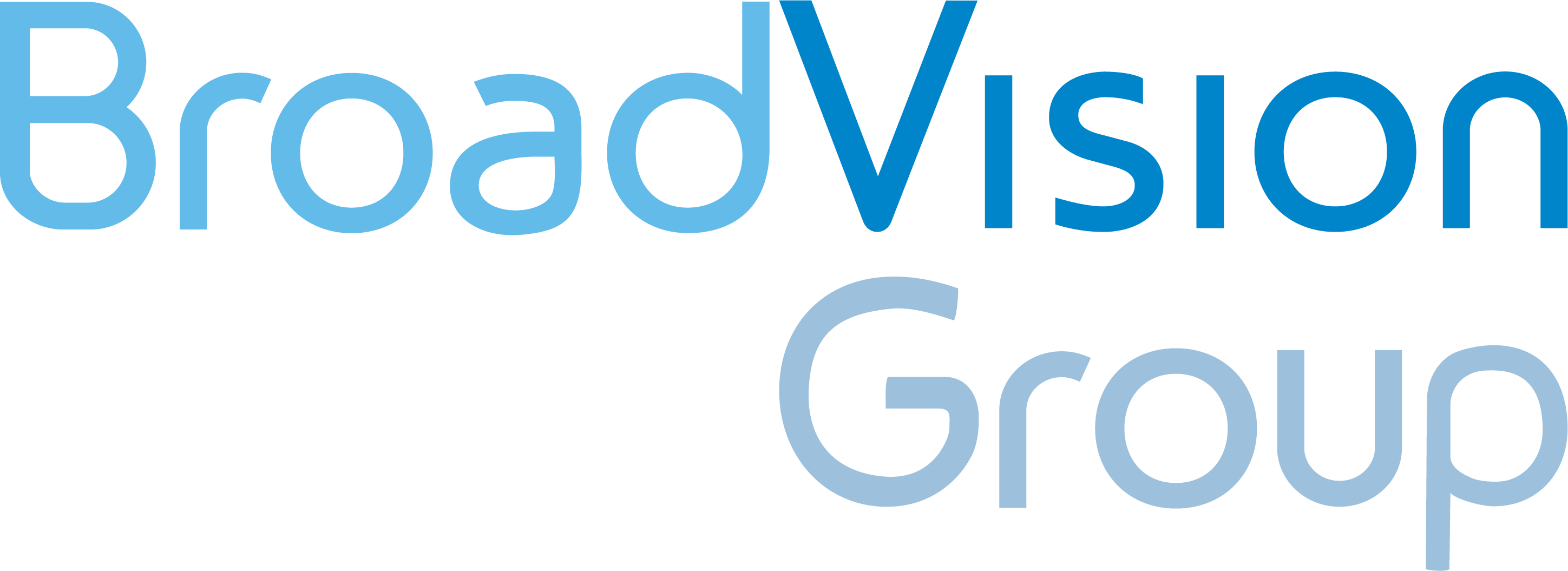 Although I only make the distinction in my head, I prefer to think of social media as “participatory” media. That is, unlike traditional media, the true value of social media only manifests itself when you participate in it; which can include creating and sharing content, commenting on content, choosing who to follow, etc.
Although I only make the distinction in my head, I prefer to think of social media as “participatory” media. That is, unlike traditional media, the true value of social media only manifests itself when you participate in it; which can include creating and sharing content, commenting on content, choosing who to follow, etc.
But that also includes whom you choose to unfollow. If you find an old friend on Twitter, you can follow them. But if their constant posts about lunch and picture of dogs turn you off, you can choose to unfollow them. I believe there is absolutely nothing negative about that progression of events; everyone has their own idea of what they want to share and experience, and social media give us the ability to sort through what is available and make our own decisions.
But some people aren’t content with this. They feel the need to make lists about what you should and should not Tweet about, as though there is some kind of universal system that must be adhered to. As opposed to passively choosing who and what content to follow, I find these attempts to control what people say both negative and destructive. There is no universal set of guidelines (other than those set up by the creators of the platforms themselves) that should be followed in social media. I think the old response to TV censorship applies: if you don’t like it, change the channel.
But of course, that way of thinking applies to consumer social networks. Enterprise social networks require a totally different approach. Its up to every company’s HR and legal department to dictate what is and what is not appropriate behavior on an ESN. And those guidelines should and must be adhered to. I genuinely believe they’re designed not to inhibit creativity and individualism, but to protect you and your company.
Over the last year, I have developed some “rules” for how I conduct myself on our own internal Clearvale network. And before I share them, I’d like to make it as clear as possible that these are my own rules, created by me, and never meant to replace or supersede the rules already developed internally.
1. Our ESN is a virtual extension of our office
Just because I may be writing a blog post or responding to a question while physically in my apartment or an internet café doesn’t mean I’m “in” my apartment or the café. When I am using Clearvale, I’m “in” the office and will always behave as such.
2. Someone is watching
I never, ever write anything on our ESN that I would not say within earshot of my coworkers. For me, they are the gold standard. You might conjure your CEO, manager, partner, grandma, etc. Picking someone like this can make it much easier to make a decision when you’re unsure if what you’re about to post is appropriate.
I should point out that this never prevents me from voicing an opinion, commenting on something or uploading a piece of content; that would be the antithesis to what Clearvale is all about. It’s just a helpful reminder to pay as much attention to how I conduct myself on our ESN as I do around my coworkers.
3. Don’t offend, don’t be offended
I’ll never forget my 9th grade history teacher, who told us that you have as much responsibility to try not to be offended by others as you do to not be offensive. He said this in reference to traveling abroad, but it is a rule I’ve tried to stick to in my every day life.
I’m very lucky to work in a place where people are thoughtful and polite, even when time is a precious commodity. However, you might find people leaving responses to your work that might seem brusque. Instead of getting upset, take a breath and ask yourself a very important question: is this comment helpful? How you deal with a person you find rude is up to you (and possibly your HR manager). But while you’re dealing with interpersonal issues, you still have to get your work done.
4. If there isn’t a dedicated space for pictures of your dog or local restaurant reviews, you should probably refrain from posting them
When it comes to my own personal use of Twitter and Facebook, I love to see pictures of my friends and family with their pets. I never get to spend as much time with them as I’d like, and those pictures are a nice, but distant second. I also love reading about food. If I see something I like, it goes into the mental database
There might be a decision within your company to build special communities with your ESN for this kind of content. I actually think it can be quite valuable, in terms of getting to know your coworkers and the locale of your office. But your ESN wasn’t built for this kind of thing; it was built for getting work done.
